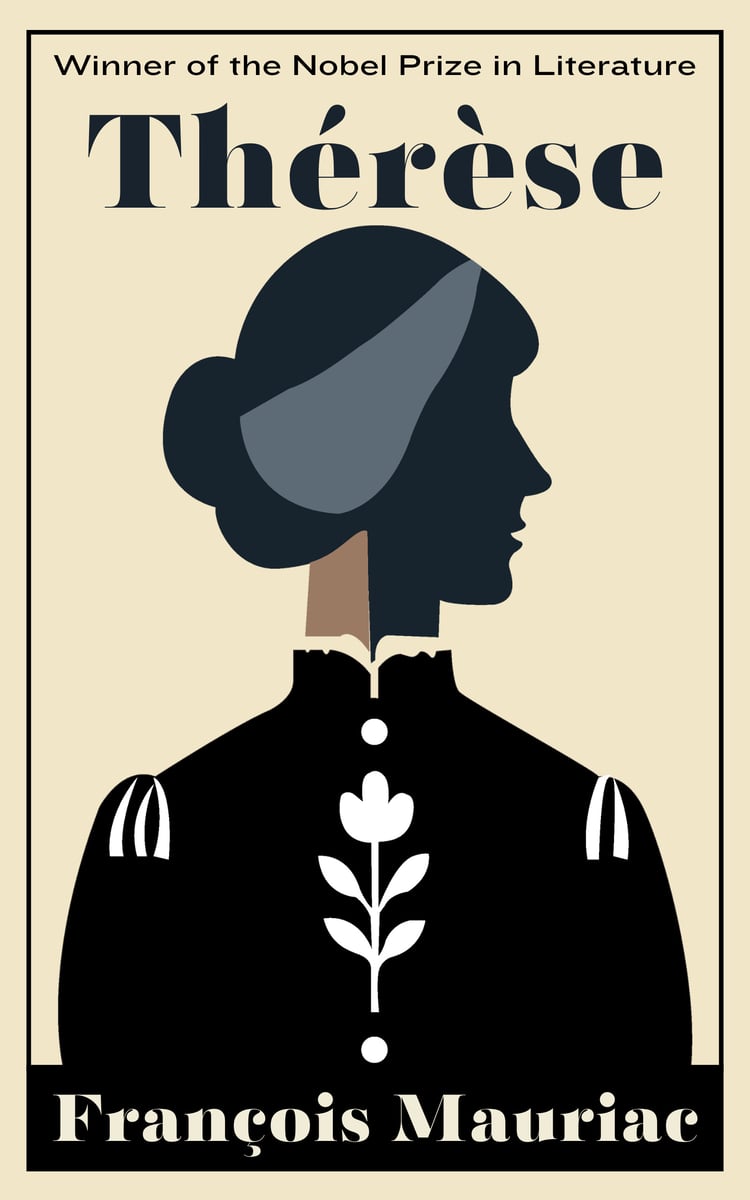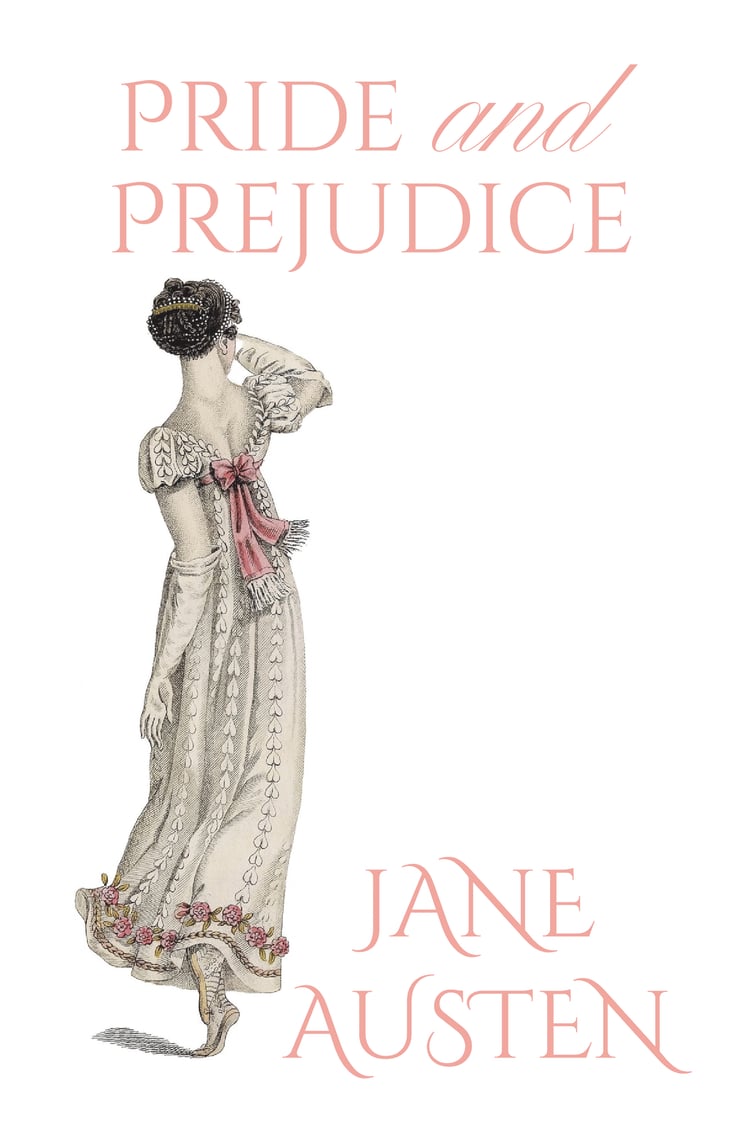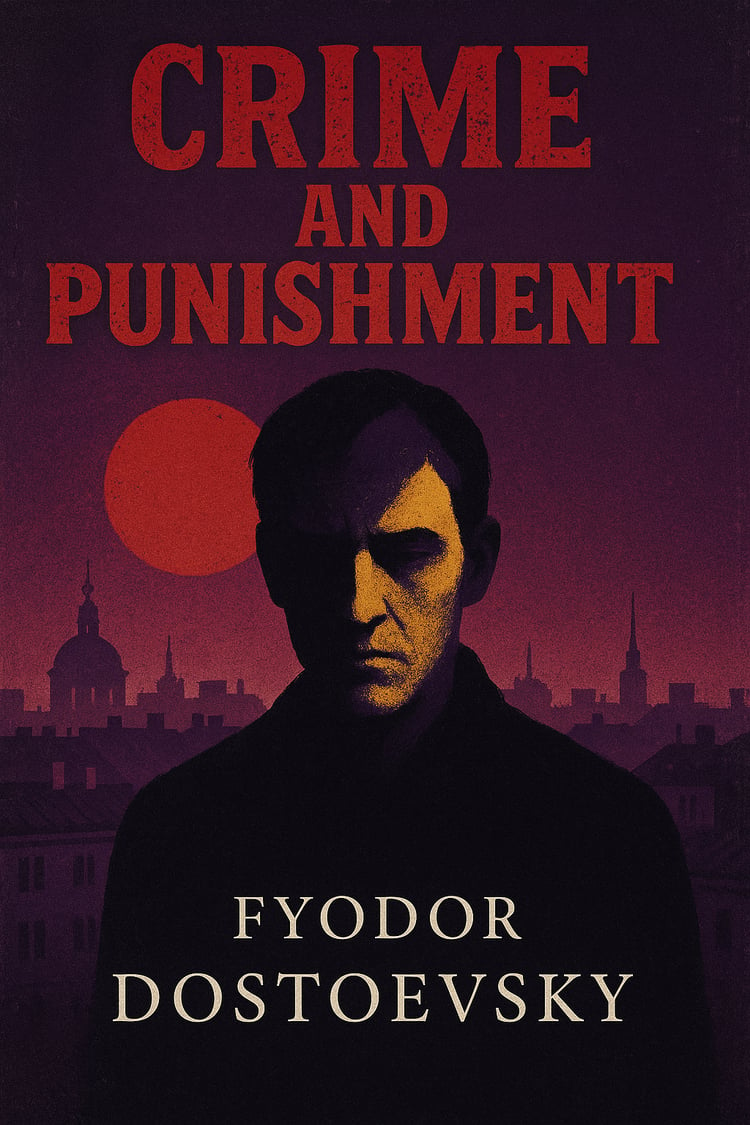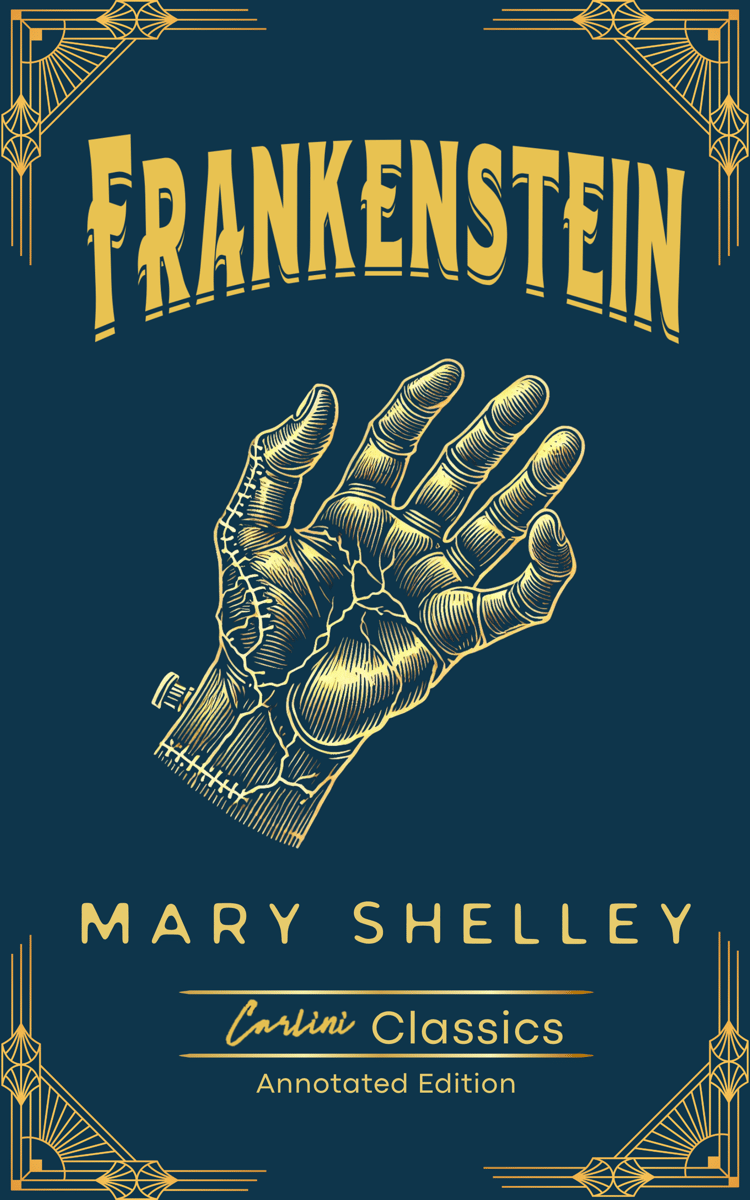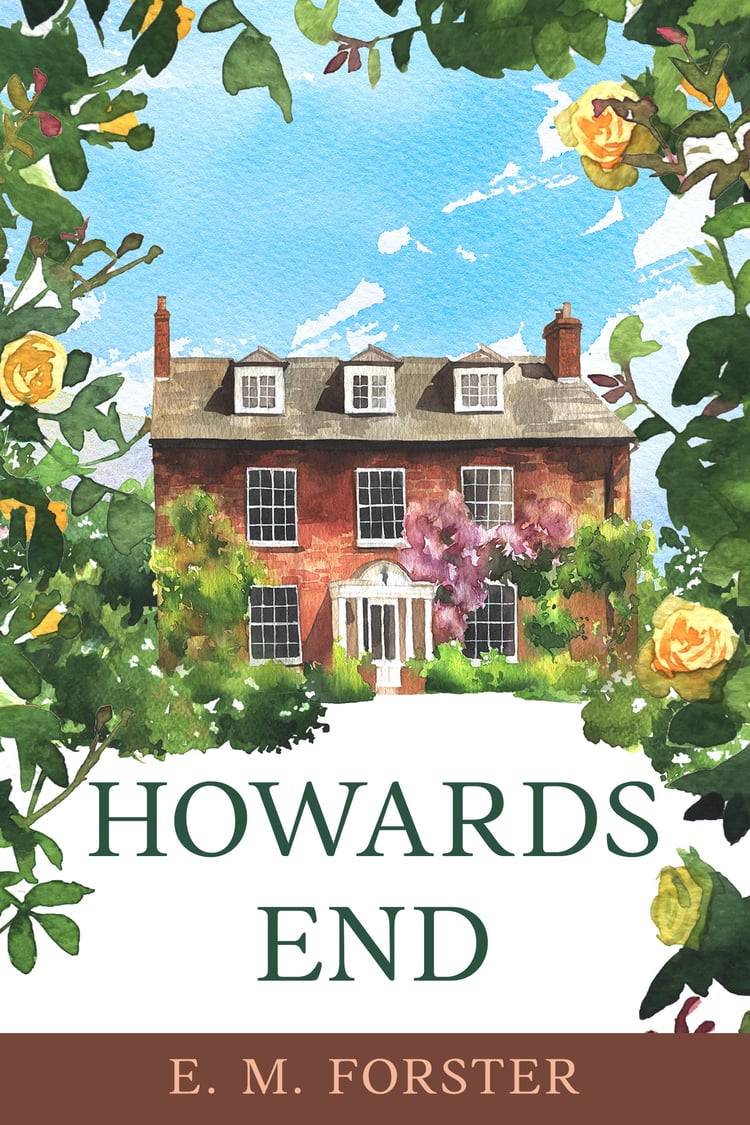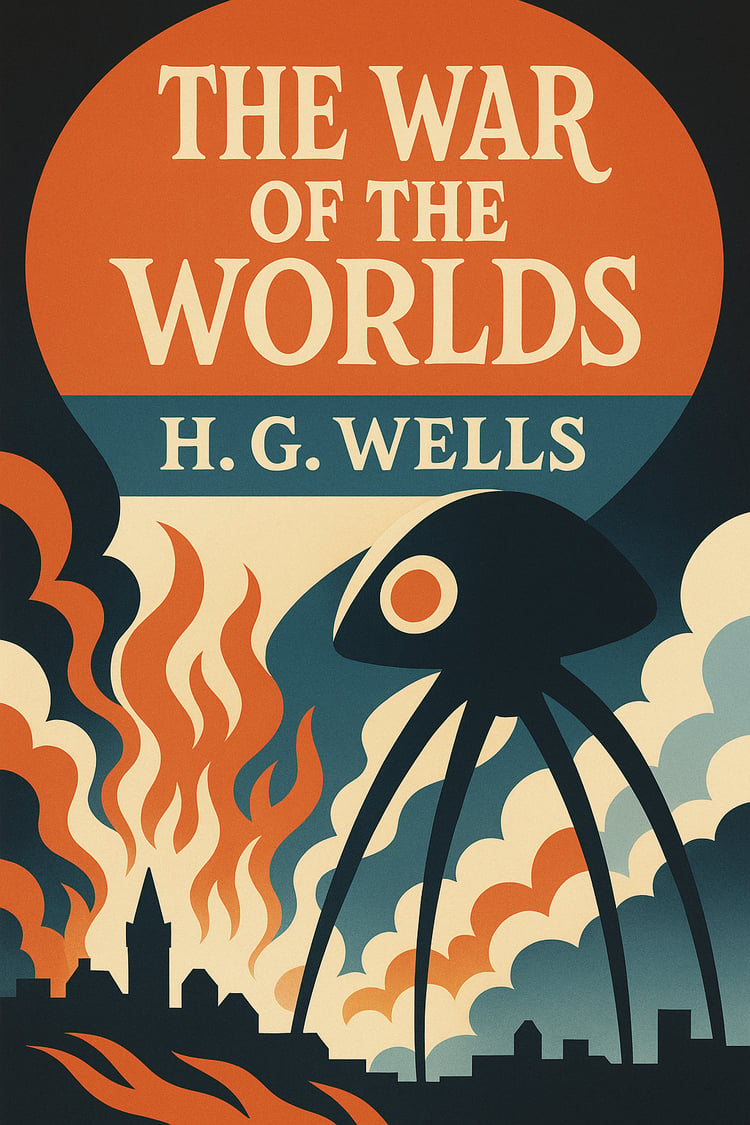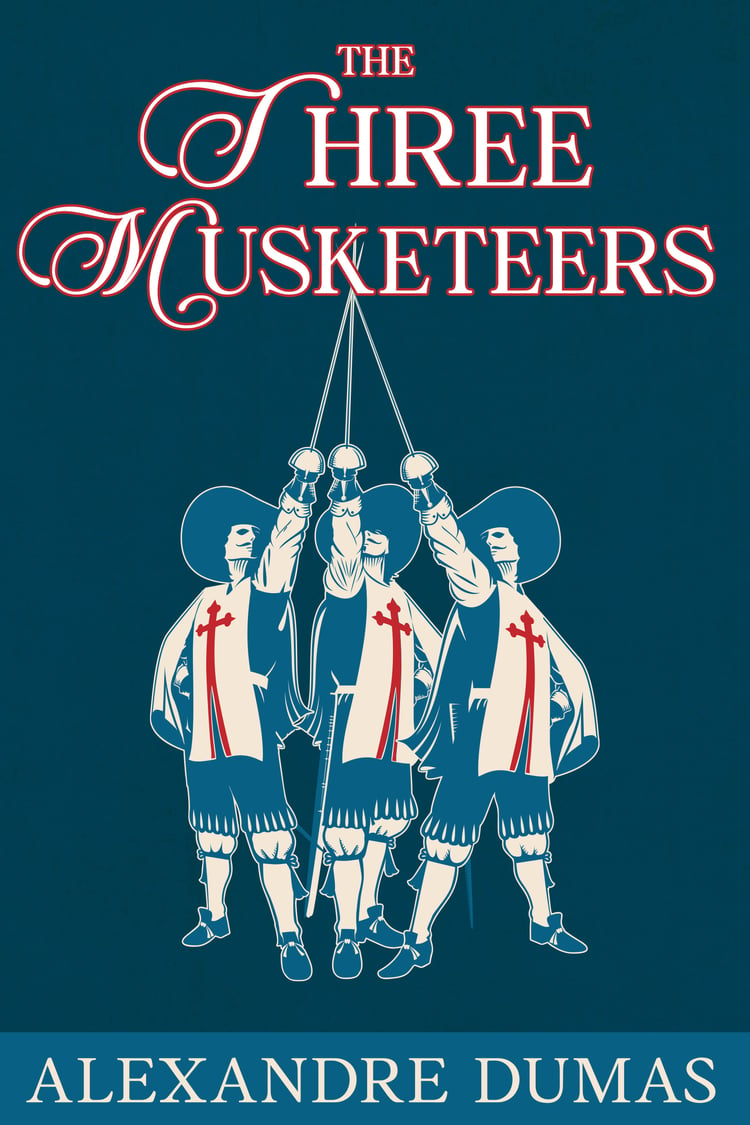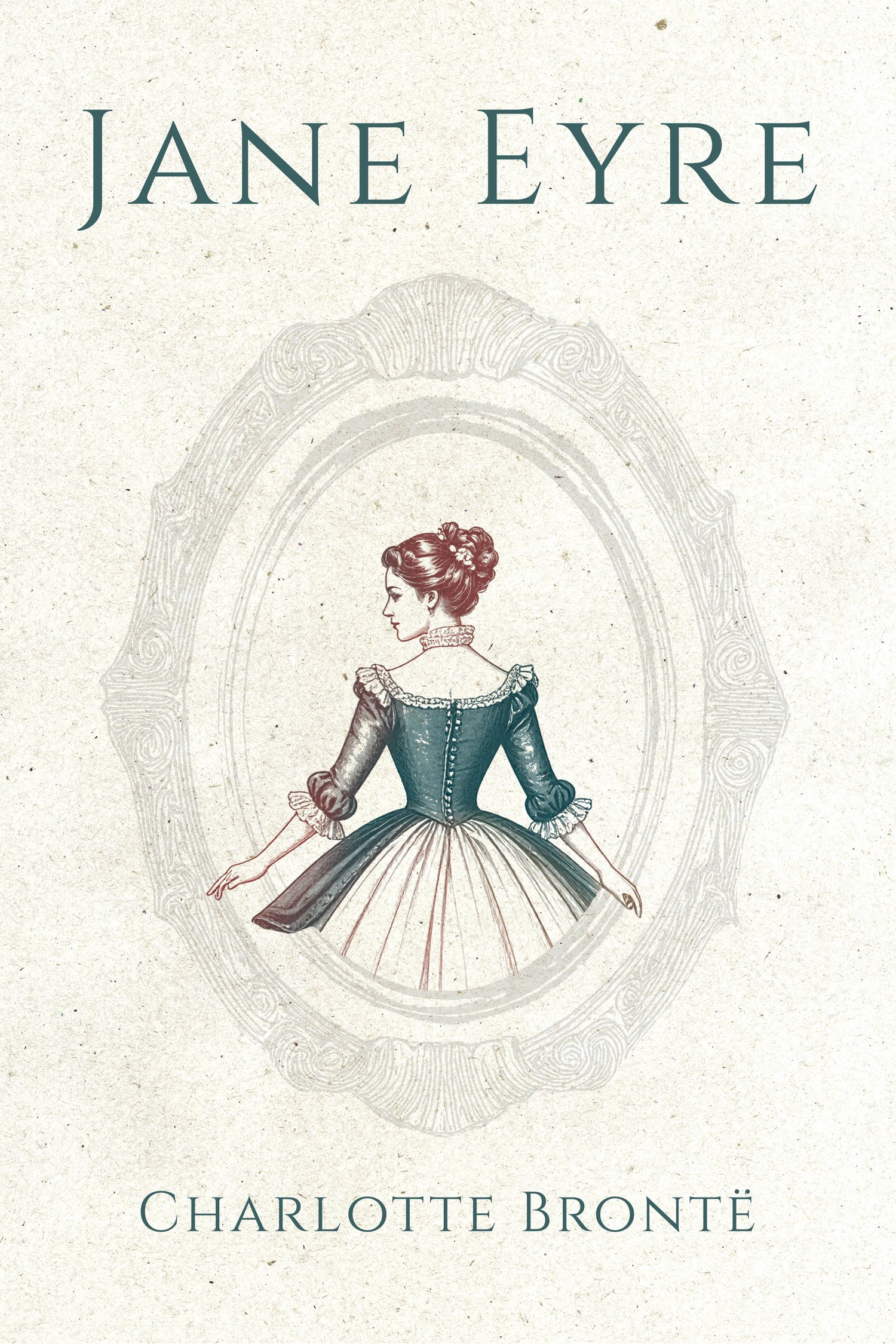
Jane Eyre
Charlotte Brontë’s Jane Eyre is a timeless story of courage, love, and self-discovery. Orphaned as a child and raised in harsh conditions, Jane endures neglect and cruelty with quiet strength, cultivating a sharp intellect and steadfast moral compass that guide her through a world often hostile to women of independence. Brontë’s evocative prose brings Jane’s inner life vividly to the page, immersing the reader in her journey from isolation to the wider, complex society around her.
At the heart of the novel is Jane’s passionate and tumultuous relationship with the brooding Mr. Rochester. Their connection is tested by secrets, social constraints, and personal integrity, challenging Jane to reconcile her desire for love with her principles. Brontë masterfully explores themes of class, gender, and morality, making the novel as much about Jane’s inner growth as it is about romance.
Jane Eyre is both a Gothic romance and a profound exploration of identity and autonomy. Its enduring appeal lies in Brontë’s ability to blend suspense, emotional depth, and social critique, crafting a heroine whose resilience and intelligence continue to inspire generations of readers.
About the author
Charlotte Brontë (1816–1855) was an English novelist and poet, best known for her psychologically rich and emotionally intense works, including Jane Eyre, Villette, and Shirley. Her novels explore themes of love, independence, and social constraint, often drawing on her own experiences in Yorkshire and abroad. Brontë remains one of the most celebrated voices of Victorian literature.




